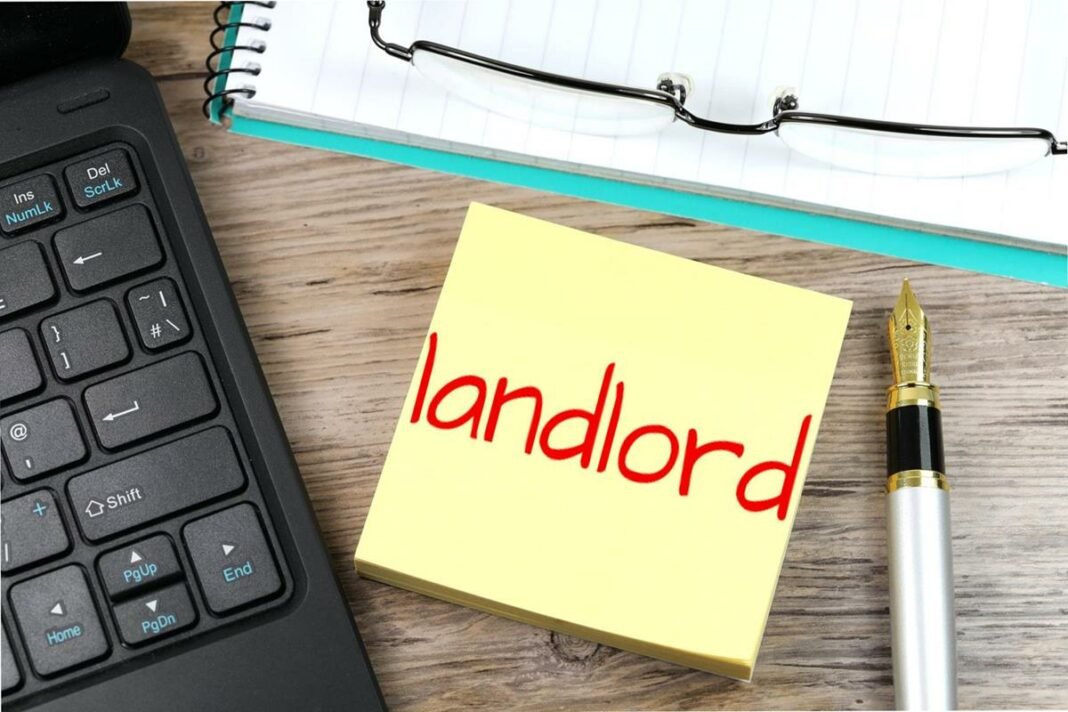Table of Contents Show
Do landlords pay tax on rent?
It’s a common question of primary importance for people who own rental properties. Knowing more about taxes is increasingly important, even if you’re not a full-time landlord.

That’s because, in some areas, apartment owners are considered businesses and must pay taxes. Others may have to pay taxes and not realize it.
Keep reading this guide to learn everything you need to know about taxes and landlords!
Types of Taxes Landlords Pay on Rent
Landlords pay a variety of taxes on rent. Income taxes are based on the rental income reported on the landlord’s tax return, and capital gains taxes can be applied if the landlord sells the rental property.
In addition, landlords might have to pay property taxes, sales taxes, and other local taxes, depending on the area in which they operate.
Read Also:
The Tax Consequences of Renting a Property
Landlords pay tax on the rent they earn from their rental property. This is because their income is considered taxable income, just like any other income they receive.
Landlords have to report their rental income on their tax return, and they are taxable on the full rental income they receive, minus any expenses they incur while running the rental property, such as advertising or maintenance fees.
Landlords should also take into account the “passive income” rules, meaning that income earned as a result of rent can be taxed differently than other forms of income.
Deducting Tax
When deducting tax from their rents, landlords must consider their taxable profit (after expenses) and any tax reliefs or allowances. This information should be used to calculate the amount of tax owed on their rental income.
By understanding the taxation rules in their specific jurisdiction, landlords can ensure they are able to accurately and legally deduct the correct amount of tax from the rent they receive. Additionally, you can also use a landlord tax deduction checklist to make sure you are deducting everything you can on your tax return.
Rent Reporting for Tax Purposes
Landlords must report rental income on their yearly tax return as income subject to taxation. To ensure that landlords are compliant with all their tax obligations.
Landlords are better equipped to handle the tax requirements related to renting properties and make their obligations easier to manage.
Tax Incurrences
Landlords are entitled to a variety of tax deductions related to their rental activities and to the maintenance of their rental property. These deductions can include the cost of repairs and maintenance, insurance, utilities, and property taxes.
Landlords must also pay other taxes, such as local, state, or federal taxes associated with running a rental property. In some jurisdictions, landlords are also subject to payroll or Social Security taxes if they have employees or hire contractors to maintain their properties.
So, Do Landlords Pay Tax on Rent?
If you are asking yourself “do landlords pay tax on rent?”, the answer is yes! Landlords should be aware of the taxes they owe when renting out their properties.
Landlords can generally expect to pay income tax on their rental income. As such, it’s important to familiarise yourself with local laws and regulations to make sure you are meeting your tax obligations!
Did you find this article helpful? Check out more of our blogs!









